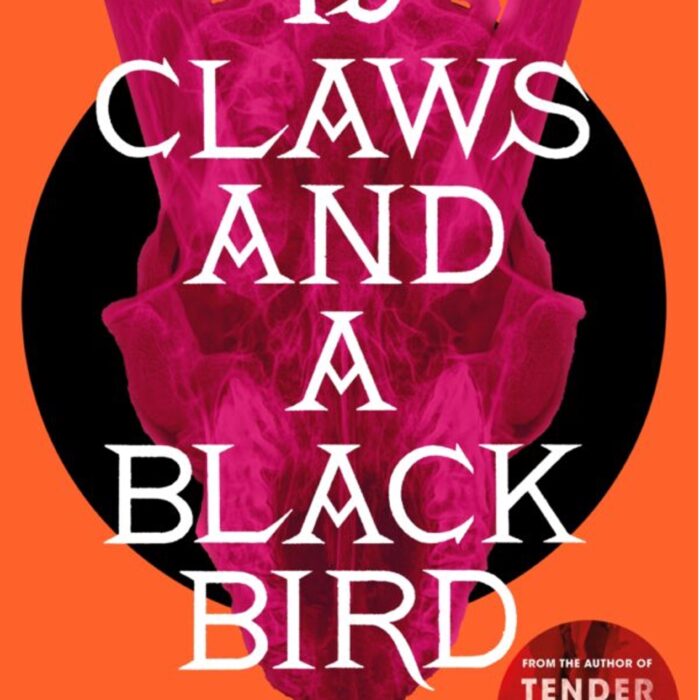You have no items in your cart. Want to get some nice things?
Go shopping Short stories are by their very nature condensed. As Hemingway has so famously said, they reveal only ‘the tip of the iceberg’. ‘Reunion’ by John Cheever is an example of a short story that makes beautiful use of this limited narrative space. Originally published in The New Yorker in 1962, its first line is one of my favourites:
Short stories are by their very nature condensed. As Hemingway has so famously said, they reveal only ‘the tip of the iceberg’. ‘Reunion’ by John Cheever is an example of a short story that makes beautiful use of this limited narrative space. Originally published in The New Yorker in 1962, its first line is one of my favourites:
‘The last time I saw my father was in Grand Central Station.’
This deft, brief beginning nevertheless hints at a very large but invisible parallel narrative hidden beneath the facts that Cheever chooses to disclose.
The story is simple enough. Charlie hasn’t seen his father for three years, since he divorced Charlie’s mother, and is now meeting him for a few hours in New York where his father has been staying. Throughout the meeting, as we watch both of them struggle to try and salvage what is clearly a very strained relationship, we get brief glimpses into their past. In the end, both Charlie and the reader are forced to undergo a painful realization, something that Charlie has perhaps subconsciously understood before the meeting – that he can never have the relationship he has always hoped to have with his father.
Charlie is an adult, yet at the start of the story his excitement about his impending meeting with his father has made him almost revert back to a child-like state of anticipation. ‘I was terribly happy to see him’, he says, the sentence revealing in its simplicity.
As the story goes on we realise that for Charlie this is more than just a meeting: it’s his hope of salvaging his strained relationship with his father. His father, on the other hand, appears pompous, rude and arrogant, clapping at the waiters and being boisterous and patronizing. He seems to want to show his ‘superior status’ by using words like garcon, sommelier, Kellner or cameriere, and by taking his son to ‘his club’, but instead he appears rather sad and pathetic, a father desperately trying but failing to impress his son. Cheever’s use of sparse language and stripped down prose is beautifully contrasted with the father’s boastful use of foreign words.
Similarly, his ‘I’m sorry sonny … I’m terribly sorry’ towards the end is more than just a surface apology for Charlie’s father’s behavior on that day. It is a vocalization of the guilt he feels, confirmed by his attempt to buy Charlie a newspaper to read on the train. But he fails in this small consolation too. In spite of the reader’s limited perspective from Charlie’s first person narration, Cheever skillfully paints the picture of a sad father who has failed, and an equally dejected, disillusioned son who has realised how futile his efforts to re-connect with his father are.
There is also a reversal in the character structure by the end of the narrative. Instead of using elaborate plot devices or merely telling his readers what has happened, Cheever shows this through the actions of his characters and the emotions brought about by these actions, without additional commentary. At the beginning of the story, Charlie is plainly the son, the pseudo-child, looking forward to meeting his adult father. The status quo of their relationship changes very slowly and by the end of the narrative it is Charlie who has become the adult, the sensible one who goes away from the meeting with only disappointment and sadness. Charlie’s father has clearly failed to make his son proud of him. He has become almost like a little child himself, desperately wanting approval and forgiveness.
The story follows a circular narrative arc, and the story ends at Grand Central Station where it began. This time, (unlike at the start, where the setting signifies hope and new beginnings), it has become a symbol for goodbyes. Cheever conveys Charlie’s mindset by having him say ‘Daddy’ in the last few lines, rather than the ‘Father’ that he uses to address him throughout the story, showing that he is desperately trying to hold onto his hopeless relationship with his father. He has begun to understand, though, that he must let it go. Cheever’s story is prose powerful in its simplicity.
‘That was the last time I saw my father.’

Anushree Nande
Anushree Nande is a Mumbai-based writer, editor, proofreader with MA & BA Creative Writing degrees from Edge Hill University. She has published short stories and poems, and also writes about football, books, movies, TV for many websites, blogs and literary magazines. A first novel and micro-fiction collection are in progress.




